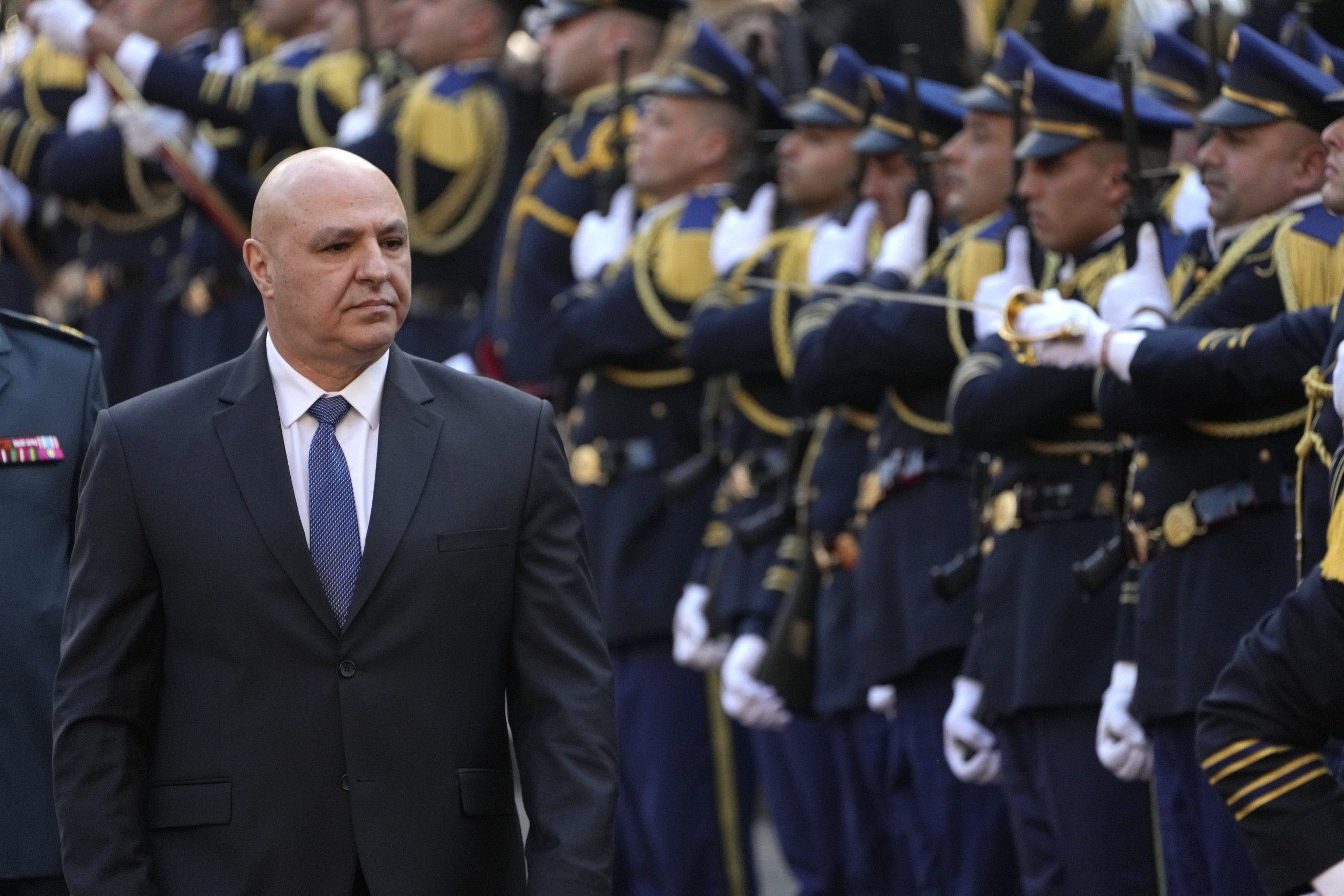Taiwan’s election on Saturday has big implications not only for the 23 million people who live on the island, but also for China’s superpower rivalry with the United States.
Voters chose as their next president Lai Ching-te, the current vice president, who has vowed to continue his party’s policy of protecting the island’s sovereignty. The vote is a rebuke to Beijing’s claim over Taiwan and the growing pressure it has been exerting on the island democracy.
As in all major Taiwanese elections, how to deal with China was a central focus of campaigning. The question has become only more urgent as Beijing has stepped up its military activity near Taiwan, raising the specter of a future conflict that could have implications for the United States.
What is the controversy over Taiwan’s status?
Since 1949, when the Nationalist government of Chiang Kai-shek fled the Chinese mainland for Taiwan after losing a civil war to Mao Zedong’s Communist forces, the island’s status and future has been disputed.
On Taiwan, Generalissimo Chiang and his Nationalist Party imposed martial law on the island for decades as they nursed dreams of reconquering the mainland. Taiwan, officially known as the Republic of China, lost its membership in the United Nations in 1971, when the mainland People’s Republic of China took over the seat.
Democratization in the 1990s paved the way for the emergence of a Taiwanese identity separate from the Chinese one imposed by the Nationalists on the island.
Taiwan, about 80 miles off China’s coast, is functionally independent, with its own Constitution, military, democratically elected representatives, currency and customs regime. Its citizens carry green passports, which are accepted by immigration authorities in many countries. It is now seen as a leader on human rights in Asia — a sharp contrast with authoritarian China.
Only a handful of nations officially recognize Taiwan as a sovereign state, despite being treated almost as such by many countries.
What is China’s position?
China’s ruling Communist Party continues to claim sovereignty over Taiwan, even though it has never administered the island. Beijing refers to the island as “Taiwan region,” and says that any questions over its future are purely an internal Chinese affair. It demands that all countries accept its One China principle, which states that Taiwan is part of its territory.
Beijing presses its claim on Taiwan on the international stage by blocking the island’s attempts to join international bodies such as the World Health Organization. When Taiwan competes in the Olympics, it is referred to as “Chinese Taipei.”
Xi Jinping, China’s leader, has said that China would continue to press for a “peaceful reunification” but reserved the right to use force if Beijing deemed it necessary.
Chinese jets and warships regularly run drills near Taiwan, eroding the informal boundary at the median of the Taiwan Strait, between the mainland and the island, which Chinese forces rarely crossed in the past.
Few analysts believe that an invasion by China is imminent, but Beijing has a variety of tools to exert leverage, in addition to military intimidation.
What is the U.S. position on Taiwan?
The United States is the most important backer of Taiwan’s security, and the island has been a flashpoint between the United States and China since the early years of the Cold War.
Two crises in the 1950s nearly led to military conflict between China and the United States, and Washington for decades backed the Chiang government in Taiwan.
When the United States recognized Communist-ruled China in 1979, Washington adopted a deliberately ambiguous “one China” policy: acknowledging, but not endorsing, Beijing’s position that its territory includes Taiwan.
In the decades since, the United States has maintained ties with Taiwan, including through weapons sales, and the periodic tensions over the island have not derailed the economic relationship between the United States and China.
Why is Taiwan a geopolitical flashpoint?
On Saturday, asked for a response to Taiwan’s election of Mr. Lai as president, President Biden reiterated the longstanding U.S. position that the country does not support the independence of Taiwan, remarks that appeared aimed at reassuring China.
But he has previously said he would defend the democratic island militarily if it were invaded by China, remarks that were a departure from the official U.S. policy of “strategic ambiguity” over how it would respond if China invaded.
The issue of Taiwan has flared again and again, especially as relations between Washington and Beijing have become strained in recent years.
In 2022, then-House Speaker Nancy Pelosi infuriated Beijing with a trip to Taipei, and a visit to the United States last year by Mr. Lai, who is currently Taiwan’s vice president, drew intense scrutiny. Chinese warplanes have tested Taiwan’s defenses, and American warships have defied Chinese pressure in the Taiwan Strait.
Who is Taiwan’s president-elect?
Mr. Lai is a member of the governing Democratic Progressive Party, or D.P.P., which has long rejected Beijing’s demands for unification. His main rival was a member of the opposition Nationalist Party, which has vowed to expand trade ties and restart talks with China.
Now president-elect, Mr. Lai has promised to continue the approach of President Tsai Ing-wen: keeping Beijing at arm’s length while seeking to avoid conflict, and strengthening ties with the United States and other democracies.
“We are telling the international community that between democracy and authoritarianism, we will stand on the side of democracy,” Mr. Lai said in his victory speech on Saturday, promising to defend Taiwan’s identity.
Yet when he takes office in May for a four-year term, Mr. Lai will face difficult questions about how to handle Taiwan’s dealings with Beijing. Mr. Lai has said that dialogue with Beijing is possible if Taiwan is treated with “equal respect.”
Polls show that most Taiwanese people support maintaining the island’s ambiguous status quo instead of pursing outright independence, risking possible retaliation by Beijing.





